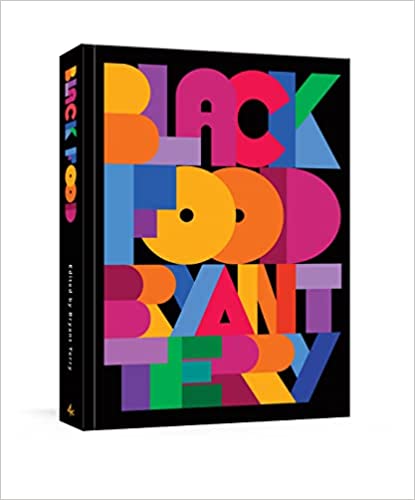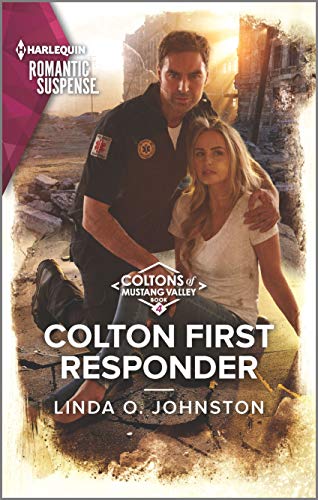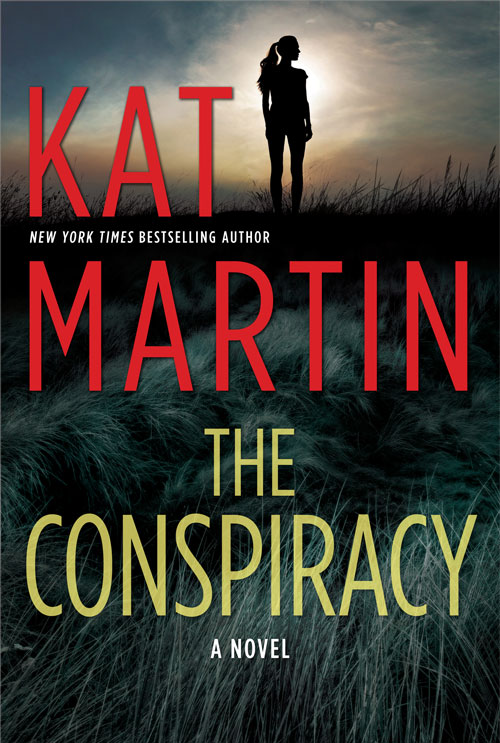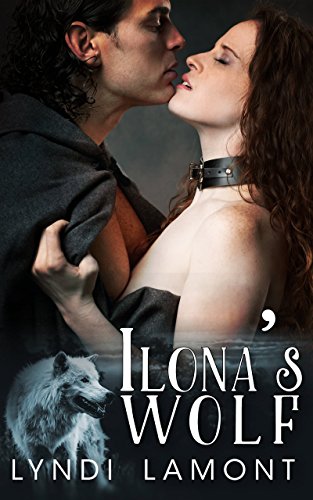On Writing…The Parts of the Whole
May 19, 2019 by Jenny Jensen in category On writing . . . by Jenny Jensen tagged as characters, Secondary Characters, writingJenny Jensen is out having an adventure.
While she was out, we thought you would like to revisit one of her posts from our archives. Jenny will be back in June with a new post On Writing . . .
CHARACTERS – the Stars and the Extras

A good story is made up from a host of elements that when jumbled together and skillfully molded become a glorious whole – just like Dixie Jewett’s fabulous horse. Plot, setting, theme, writing style and characters all must blend to make the whole pleasing. Being an omnivorous reader (yes, even when I’m not editing) I am happy with a plot driven or an action driven story, but I am smitten by a character driven tale. Reading a character driven novel is like crashing a party and making the acquaintance of new and fascinating people.
Main Characters
The main characters always have some attraction otherwise they wouldn’t support the story and make the reader care. Who couldn’t be enthralled by bossy Elizabeth Bennet and the steely D’Arcy, or Scarlett and Rhett? And then there’s Hannibal Lector, the very pinnacle of evil yet more compelling than a ten-ton magnet. Depending on how the story is structured we can learn their history upfront, or it is revealed through out the narrative, but there is always enough time and story space to make that all-important emotional connection through, not just history, but mannerisms, speech patterns, and motivations.
Secondary Characters
It is the secondary characters – the extras, if you will – that are often the most colorful component of great novels. Dickens’ genteelly mad Miss Haversham, du Mauier’s chilling Mrs. Danvers. Creating a supporting cast that adds a glint of darkness, a spark of humor or a touch of humanity to a story. Beyond helping to create a personality in a novel, this supporting cast is also critical to fleshing out the setting – you know you’re in NYC when your hero is depressed and seeks the ever freely given advice of street smart Dominick De Luca at his World Famous Hotdog cart. You feel you’re in San Francisco when the hero hears the Powell Street cable car and hops on to her morning repartee with Phillip the droll veteran conductor.
Secondary characters can be tools to move the action forward. If your protagonist needs to be placed in a situation that is out of character for her, use a secondary character to get her there. For instance, the contrary but kind old Mr. Kronke is Mia’s downstairs neighbor to whom she can never say no. Too ill to act on his passion for the horses Mia agrees to deliver his bet to the shady off license where she stumbles into a handsome man and so meets the hero.
Supporting Characters
Finally, supporting characters make great sounding boards to help the main characters work out internal conflict. Think about the key role lively dialog with the saucy office receptionist might play, or a hip bartender. Dithering Aunt Renada, for instance, is far more compelling than your main character’s long internal dialogue.
Just remember that you, the author, are creating a whole world and you must populate it. Your cast of characters can be useful, colorful, thoughtful, wicked, wise or witty but they should never be boring. Look at the world around you, note all the people you come in contact with, and you will have all the inspiration you need to create fantastic and memorable characters.
Jenny
0 0 Read more
On Writing…The Parts of the Whole
May 19, 2017 by Jenny Jensen in category On writing . . . by Jenny Jensen tagged as characters, Secondary Characters, writingCHARACTERS – the stars and the extras

A good story is made up from a host of elements that when jumbled together and skillfully molded become a glorious whole – just like Dixie Jewett’s fabulous horse. Plot, setting, theme, writing style and characters all must blend to make the whole pleasing. Being an omnivorous reader (yes, even when I’m not editing) I am happy with a plot driven or an action driven story, but I am smitten by a character driven tale. Reading a character driven novel is like crashing a party and making the acquaintance of new and fascinating people.
Main Characters
The main characters always have some attraction otherwise they wouldn’t support the story and make the reader care. Who couldn’t be enthralled by bossy Elizabeth Bennet and the steely D’Arcy, or Scarlett and Rhett? And then there’s Hannibal Lector, the very pinnacle of evil yet more compelling than a ten-ton magnet. Depending on how the story is structured we can learn their history upfront, or it is revealed through out the narrative, but there is always enough time and story space to make that all-important emotional connection through, not just history, but mannerisms, speech patterns, and motivations.
Secondary Characters
It is the secondary characters – the extras, if you will – that are often the most colorful component of great novels. Dickens’ genteelly mad Miss Haversham, du Mauier’s chilling Mrs. Danvers. Creating a supporting cast that adds a glint of darkness, a spark of humor or a touch of humanity to a story. Beyond helping to create a personality in a novel, this supporting cast is also critical to fleshing out the setting – you know you’re in NYC when your hero is depressed and seeks the ever freely given advice of street smart Dominick De Luca at his World Famous Hotdog cart. You feel you’re in San Francisco when the hero hears the Powell Street cable car and hops on to her morning repartee with Phillip the droll veteran conductor.
Secondary characters can be tools to move the action forward. If your protagonist needs to be placed in a situation that is out of character for her, use a secondary character to get her there. For instance, the contrary but kind old Mr. Kronke is Mia’s downstairs neighbor to whom she can never say no. Too ill to act on his passion for the horses Mia agrees to deliver his bet to the shady off license where she stumbles into a handsome man and so meets the hero.
Supporting Characters
Finally, supporting characters make great sounding boards to help the main characters work out internal conflict. Think about the key role lively dialog with the saucy office receptionist might play, or a hip bartender. Dithering Aunt Renada, for instance, is far more compelling than your main character’s long internal dialogue.
Just remember that you, the author, are creating a whole world and you must populate it. Your cast of characters can be useful, colorful, thoughtful, wicked, wise or witty but they should never be boring. Look at the world around you, note all the people you come in contact with, and you will have all the inspiration you need to create fantastic and memorable characters.
Jenny
 About Jenny Jensen
About Jenny Jensen
With a BA in Anthropology and English I pursued a career in advertising and writing and segued into developmental editing. It was a great choice for me. I love the process of creating and am privileged to be part of that process for so many great voices — voices both seasoned and new.
I’ve worked on nearly 400 books over 20 years, books by noted authors published by New York houses including Penguin, Kensington, Pentacle and Zebra as well as with Indie bestsellers and Amazon dynamos. From Air Force manuals and marketing materials to memoirs, thrillers, sci fi and romance, my services range from copyediting to developmental coaching.
Having worked in advertising and marketing, I am always cognizant of the marketplace in which the author’s work will be seen. I coach for content and style with that knowledge in mind in order to maximize sales and/or educational potential. My objective is to help the author’s material stand out from an ever more crowded and competitive field.
10 0 Read moreAffiliate Links
A Slice of Orange is an affiliate with some of the booksellers listed on this website, including Barnes & Nobel, Books A Million, iBooks, Kobo, and Smashwords. This means A Slice of Orange may earn a small advertising fee from sales made through the links used on this website. There are reminders of these affiliate links on the pages for individual books.
Search A Slice of Orange
Find a Column
Archives
Featured Books
BLACK FOOD: STORIES, ART & RECIPES FROM ACROSS THE AFRICAN DIASPORA
Beautiful, rich, and groundbreaking . . .
More info →LONE STAR REUNION
The spark is still there... and brighter than ever
More info →COLTON FIRST RESPONDER (The Coltons of Mustang Valley)
When disaster strikes
A Colton comes to the rescue
THE CONSPIRACY
When family ambition turns deadly Chase Garrett must keep Harper safe and both of them alive.
More info →ILONA’S WOLF
Imagine a world filled with magic, a tormented knight, a damsel in distress, an evil sorcerer...
More info →Newsletter
Contributing Authors
Search A Slice of Orange
Find a Column
Archives
Authors in the Bookstore
- A. E. Decker
- A. J. Scudiere
- A.J. Sidransky
- Abby Collette
- Alanna Lucus
- Albert Marrin
- Alice Duncan
- Alina K. Field
- Alison Green Myers
- Andi Lawrencovna
- Andrew C Raiford
- Angela Pryce
- Aviva Vaughn
- Barbara Ankrum
- Bethlehem Writers Group, LLC
- Carol L. Wright
- Celeste Barclay
- Christina Alexandra
- Christopher D. Ochs
- Claire Davon
- Claire Naden
- Courtnee Turner Hoyle
- Courtney Annicchiarico
- D. Lieber
- Daniel V. Meier Jr.
- Debra Dixon
- Debra H. Goldstein
- Debra Holland
- Dee Ann Palmer
- Denise M. Colby
- Diane Benefiel
- Diane Sismour
- Dianna Sinovic
- DT Krippene
- E.B. Dawson
- Emilie Dallaire
- Emily Brightwell
- Emily PW Murphy
- Fae Rowen
- Faith L. Justice
- Frances Amati
- Geralyn Corcillo
- Glynnis Campbell
- Greg Jolley
- H. O. Charles
- Jaclyn Roché
- Jacqueline Diamond
- Janet Lynn and Will Zeilinger
- Jaya Mehta
- Jeff Baird
- Jenna Barwin
- Jenne Kern
- Jennifer D. Bokal
- Jennifer Lyon
- Jerome W. McFadden
- Jill Piscitello
- Jina Bacarr
- Jo A. Hiestand
- Jodi Bogert
- Jolina Petersheim
- Jonathan Maberry
- Joy Allyson
- Judy Duarte
- Justin Murphy
- Justine Davis
- Kat Martin
- Kidd Wadsworth
- Kitty Bucholtz
- Kristy Tate
- Larry Deibert
- Larry Hamilton
- Laura Drake
- Laurie Stevens
- Leslie Knowles
- Li-Ying Lundquist
- Linda Carroll-Bradd
- Linda Lappin
- Linda McLaughlin
- Linda O. Johnston
- Lisa Preston
- Lolo Paige
- Loran Holt
- Lynette M. Burrows
- Lyssa Kay Adams
- Madeline Ash
- Margarita Engle
- Marguerite Quantaine
- Marianne H. Donley
- Mary Castillo
- Maureen Klovers
- Megan Haskell
- Melanie Waterbury
- Melisa Rivero
- Melissa Chambers
- Melodie Winawer
- Meriam Wilhelm
- Mikel J. Wilson
- Mindy Neff
- Monica McCabe
- Nancy Brashear
- Neetu Malik
- Nikki Prince
- Once Upon Anthologies
- Paula Gail Benson
- Penny Reid
- Peter Barbour
- Priscilla Oliveras
- R. H. Kohno
- Rachel Hailey
- Ralph Hieb
- Ramcy Diek
- Ransom Stephens
- Rebecca Forster
- Renae Wrich
- Roxy Matthews
- Ryder Hunte Clancy
- Sally Paradysz
- Sheila Colón-Bagley
- Simone de Muñoz
- Sophie Barnes
- Susan Kaye Quinn
- Susan Lynn Meyer
- Susan Squires
- T. D. Fox
- Tara C. Allred
- Tara Lain
- Tari Lynn Jewett
- Terri Osburn
- Tracy Reed
- Vera Jane Cook
- Vicki Crum
- Writing Something Romantic
Affiliate Links
A Slice of Orange is an affiliate with some of the booksellers listed on this website, including Barnes & Nobel, Books A Million, iBooks, Kobo, and Smashwords. This means A Slice of Orange may earn a small advertising fee from sales made through the links used on this website. There are reminders of these affiliate links on the pages for individual books.









































